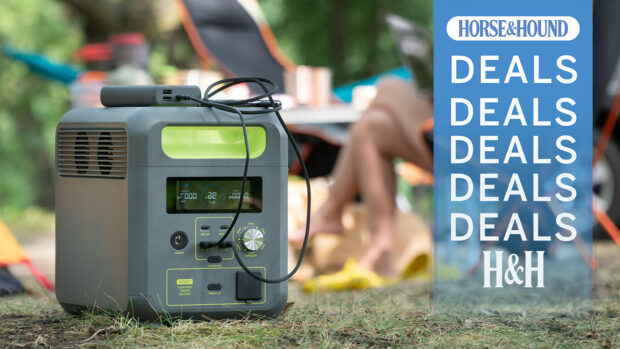Horse transport is commonplace today, with area festivals and regional and national championships meaning that competitors at all levels can find themselves spending considerable time in transit.
Road travel may have become routine, but it still involves a number of specific equine health risks and it is crucial to plan ahead to avoid stress for you and your horse.
Road travel risks
1. Respiratory problems
Allow adequate ventilation and clean out the vehicle regularly en route. Avoid dusty hay or bedding and make sure your horse can lower his head during rest periods.
2. Fatigue
Even a shorter journey will take its toll. Consider leaving earlier and stabling your horse overnight so he can recover and perform to the best of his capabilities. Allow him adequate rest after a hard competition before travelling home.
3. Dehydration
Plan frequent rest breaks to offer water and hay. Dehydration can inhibit performance, provoke respiratory problems and increase colic risk.
4. Stress
It may not be obvious that your horse is suffering travel-related stress. Take his temperature before and after a long journey to monitor his health. If he becomes ill during transportation, stop the journey and seek immediate veterinary advice.
5. Injury
Protect his limbs from injury but don’t over-wrap him. Too cool is preferable to too warm. Check your vehicle’s roadworthiness, including the floor, before every journey.
Plan ahead
Equestrian breakdown specialists, Equestrian Support Services (ESS) stresses that it is vital for horsebox owners to be prepared for delays caused by breakdowns or heavy traffic.
The company suggests that drivers plan their route in advance to avoid any chance of getting lost and schedule frequent stops to offer the horses a chance to drink.
Nick Hamilton of ESS says: “Horses should be given room to move their head so don’t tie them on too short a rope and ensure that they have good airflow by opening any side or roof vents in the horsebox.
“It is best to try to limit transport to very early in the morning or late in the evening when it is cooler. Not only will this be more comfortable for the horse but your journey will be easier as there will be less traffic.
“Also roadside assistance and recovery will be much quicker if you break down and your horse will have suffer less heat stress while waiting for help to arrive.”
ESS is also keen to stress the importance of ensuring that your horsebox or trailer is in good repair and that you have suitable breakdown cover before starting any journey.
To contact OHTO (tel: 01488 657651) or visit: www.horsebox-rescue.co.uk
To contact ESS (tel: 01300 348997) or visit: www.equestriansupport.co.uk
To contact John Parker International (tel: 01303 266621) or visit: www.johnparkerinternational.com
Ref: H&H 6/6/13



